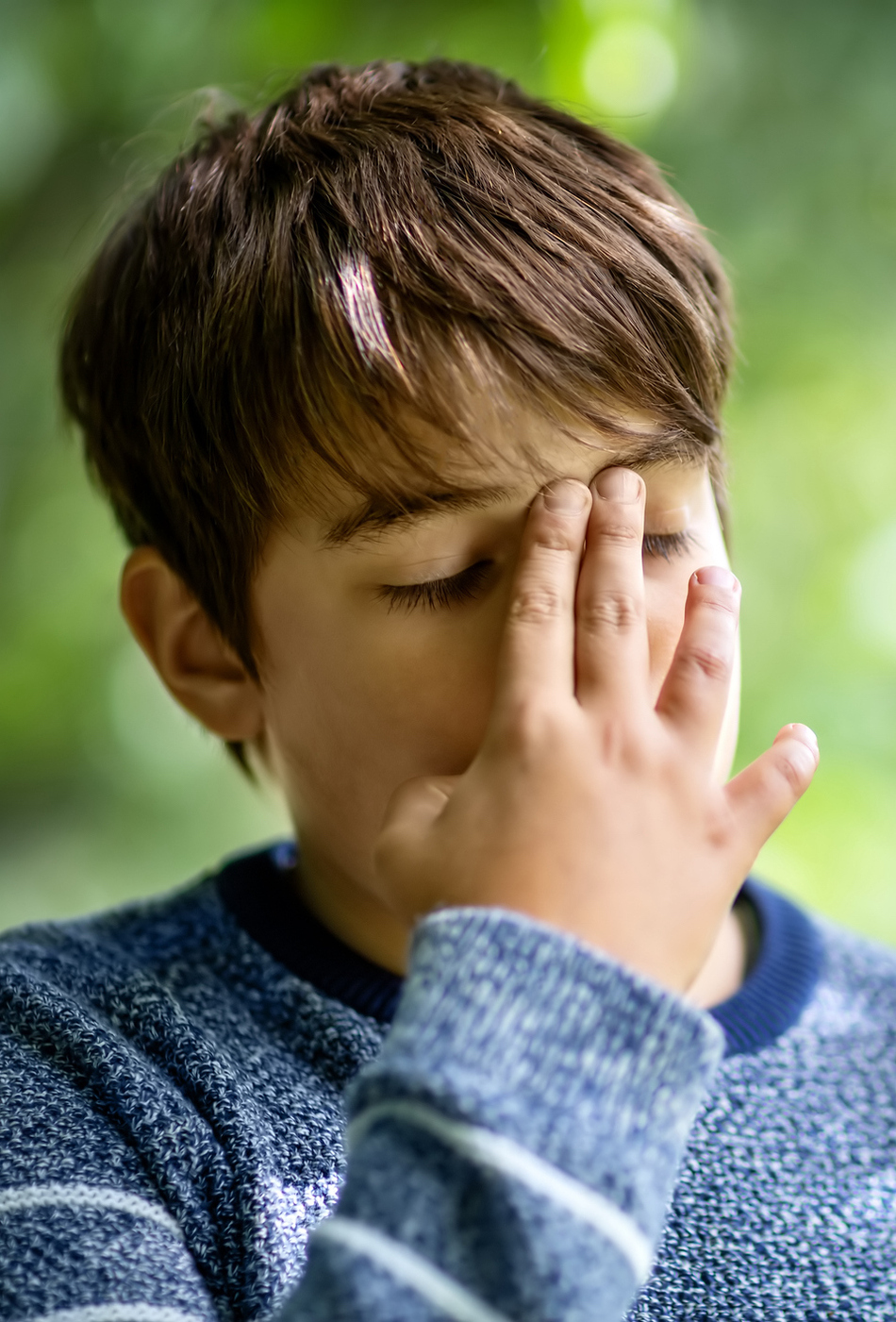Episode Transcript
Dizziness, especially in teenagers, seems to be a common concern I'm seeing lately. Is this something really concerning or a symptom of other more common issues?
Lately, I'm having one or two teenage patients a week coming to see me with the chief concern of dizziness. It's usually girls, usually around 15, but sometimes boys too. A conversation about their symptoms often points me down one or two paths -- vasovagal syncope or anxiety.
Kids who have vasovagal syncope feel lightheaded when they stand up too quickly. Their blood pressure drops and down they go. The most common reason is they aren't hydrated and their blood pressure can't compensate fast enough for how quickly they stand up. This type of reaction also happens with fear and strong emotions, such as seeing needles.
Often, if kids stay hydrated, which means drinking enough water so that when they pee their pee looks like water, their symptoms improve.
Parents often ask me, "Well, how many glasses of water is enough?" But there's no simple answer other than to monitor their urine. Everybody is different with their water needs.
With anxiety, the dizzy feeling is more a nervous system response. Along with the dizziness, they will say that they're hyperventilating or their heart rate goes up or they're sweaty or they're shaky. That's a panic attack.
Unfortunately, the treatment for that kind of dizziness is a bit more complicated than just drinking water. Drinking water won't help anxiety. The first step for anxiety is learning some coping skills to help stop the panic attack. Have your child learn some deep-breathing exercises such as square breathing.
You may ask, "What is square breathing?" We'll have your child use their finger to draw a square in the air in front of them. Every time they draw a side of the square, they either take a deep breath in or they let their breath out.
There are several free apps to help with meditation also. The schools will often use Calm. We've used Relax Melodies at our house.
If that doesn't help, the next step is finding a therapist who can help your child manage their anxiety.
Finally, if your child is still having panic attacks despite therapy, your pediatrician can help you find a mental health provider who can work more closely with your child on their anxiety.
Many teen girls that I am seeing for dizziness also admit to cutting or other self-harm behaviors as a coping mechanism. So a mental health provider can also help with this.
Many parents often ask me to do blood work for anemia for their teen's dizziness. In boys, because they don't have periods, this is rarely the case. In girls, if their periods are really heavy or frequent, that could be the cause. But I do not find that they are anemic for the most part.
Abnormal thyroid labs can also cause dizziness and anxiety, even depression. More so in older teen girls than boys, but this too is usually not the case.
Parents often want me to check vitamin levels because their kids don't eat as healthy as they should. That's not something that a pediatrician will usually do. Unless the teen has a specific underlying medical condition, vitamin deficiencies are not very common. And if a parent is very worried about vitamin deficiencies, they can just have their teen take a daily multivitamin designed for teens. There are several on the market, and they come in tablets and gummies.
The bottom line is if your teen says they are dizzy, try hydration first. And talk to them. See if they're anxious about anything. If the problem persists, then it's time to bring them in to see their pediatrician.
